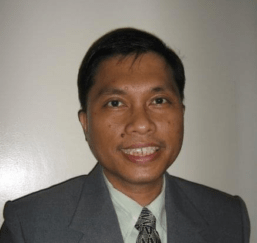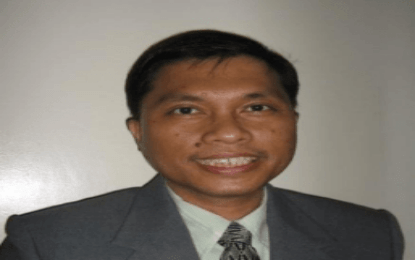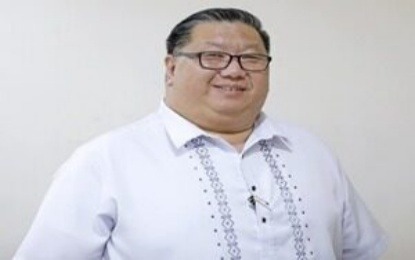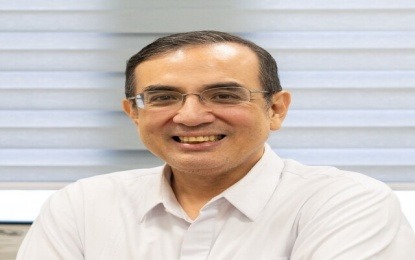OBLIQUE OBSERVATIONS
By Atty. Gilberto Lauengco, J.D.

As a parent of a special child with learning disabilities, one of the more difficult experiences in this country is when your child needs to interact with any government institution for things like identification and benefits. When your child is unable to stand noises and crowds, being forced to go through red tape even the so-called special process lanes is quite harrowing.
These days because of the proliferation of fake persons with disability (PWD) IDs, the process for obtaining and even renewing PWD IDs has become more stringent and consequently more difficult. Due to the thoughtless, inhumane, and criminal actions of many who shamelessly apply and get PWD IDs illegally and improperly, the lives of true PWDs and their families have become more burdensome with more rules and screening.
In my opinion, rather than attack the problem with a bureaucratic mindset of adding more rules, perhaps a punitive approach to offenders should be applied. The possible criminal penalty for using a fake PWD is only a maximum of six years. Since using fake PWD IDs carries economic consequences aside from extremely prejudicing helpless PWDs, the penalty for using fake PWD should be raised to the maximum of reclusion temporal or 20 years. I would propose Reclusion Perpetual but a lot of people would probably object already. Insofar as fines, in addition to the prison sentence, the fine should be set at the maximum of three million pesos.
Are these penalties harsh? No. For many PWDs, their IDs are lifelines to needed support. Many PWDs cannot defend themselves and the government must step in to ensure that they are not oppressed. The life of both the PWD and their families are harsh enough and any person who add on to that must be punished severely so that others may take heed.
One thing I do not understand is the need to renew PWD IDs for all types of disabilities. As such, both the parents and the persons with disability need to undergo this most difficult of process regularly. Many disabilities are permanent. In the case of persons within the autism spectrum, this disability cannot be cured. PWD IDs as a general rule should not need renewal. Why ask for fingerprints at every renewal? Requiring PWD ID renewal is again an outdated bureaucratic mindset especially with existing online data options.
In our case, one positive note in our Philippine bureaucracy is the proliferation of good hearted and kind civil servants. In our barangay, the official in charge of PWDs went out of her way to make obtaining a barangay clearance and then the city PWD ID as less painful or difficult as possible. Even with the stringent rules, many government employees in both the barangay and city level bent back as far as they could to accommodate my child. Such things as going to my child outside to get his fingerprints instead of requiring him to go inside the office are acts of kindness that I will always appreciate. Their patience and innovative approach in adapting the rules and process to the realities of shepherding a special child through government processes are proof that there is hope in our government bureaucracy. To the government people in the frontlines of service who put service above all, I salute you.




